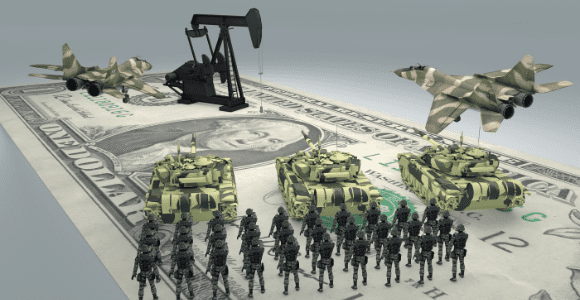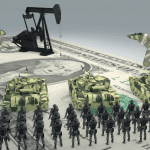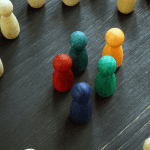Welcome readers! Please subscribe through the button on the right.
(Read this series from the beginning at Part 1 and Part 2.)

Lastly, this week’s passage uses a common metaphor for the condition of Israel’s society, one that appears in both the Hebrew scriptures and the rabbinic literature (see Isaiah 5). A healthy, distributively just society was a healthy fig tree that produced much fruit for all to enjoy. Fig trees, after all, were an important source of food in the Ancient Middle East. But a sickly, desolate, or barren fig tree was an unhealthy society that benefitted only a select few through exploiting the masses. The fruitful fig tree symbolized a blessed society where everyone’s needs were being met: there was enough for everyone. A barren fig tree was cursed and under judgement from the Hebrew prophets for trampling the vulnerable.
Our story this week answers the cry to immediately cut the fig tree down by encouraging the gardener or owner to keep trying to make it healthy for one more year, to fertilize it and see if things turn around before giving up on it.
There is a love of the fig tree seen here in the desire to make it healthy.
This has applications for us today, too, in our faith communities, and in our larger society as well.
I can’t tell you how many times I’ve scratched my head in wonder at LGBTQ people of faith who keep trying to change their homophobic, transphobic, biphobic faith communities. I’ve often asked myself, why don’t they just shake the dust from their feet and say good riddance! I wonder if they’d be better off. But the reality is these faith traditions are their homes. Many have grown up in them and there is love for these faith traditions rooted in their hearts. They’d rather endure pain from continued effort than grief of leaving the barren fig tree of their faith tradition to die. I see their stories in our story this week.
In our larger society, as well, so many have said that how many minorities have been treated within the “American dream” has been a nightmare. Yet so many people from minoritized communities genuinely love the principles that the United States is supposed to embody and want to see America genuinely live out its highest ideals. They live in hope that their choices to keep at it will help this country become “that more perfect union” one day.
Recently my daughter introduced me to the play Indecent by Paula Vogel. It is a deeply moving story of the lives of Jewish immigrant actors and how they were mistreated here in America while involved with the beautiful, life-changing Yiddish Broadway play The God of Vengeance: Drama in Three Acts by Sholem Asch. Censors unjustly shut down the play, accusing it of being indecent. All the actors were arrested and thrown in jail. But in fact, the play was shut down as a result of antisemitism.
In the story, finally coming to the end of his patience, one of the central characters, Lemml, bursts out, “I’m done being in a country that laughs at the way I speak. They say America is free? What do you know here is free? All over Europe we did this play with no Cossacks shutting us down. Berlin, Moscow, Odessa—everywhere there is theater! You don’t have money for a ticket? Tickets over there cost less than a cup of tea. Then you dress up nice in your best coat and maybe you stand up in the second gallery, but you can say to your grandchildren: ‘I saw the great Rudolph Schildkraut in Sholem Asch’s The God of Vengeance!’ I am leaving this country!”
The sad end for Lemml is that he leaves America and returns to his homeland in the midst of the Holocaust and ends up dying at the hands of the Nazi’s.
At this spot in the play, I could not help but hear the echo of those for whom America has not been a blessing but a curse. Not a fruitful fig tree, but a barren one.
To all who are working for change, keep digging. Keep fertilizing. Perhaps it will ultimately bear fruit for all those who live here. But my own country is the context for how I hear the message in this week’s reading.
Democratic societies must be made to birth a distributively just society where the needs of everyone and not only an elite few are collectively met. The alternative is not sustainable, and ends with that society falling into the rubbish bin of history.
Injustice is not sustainable.














